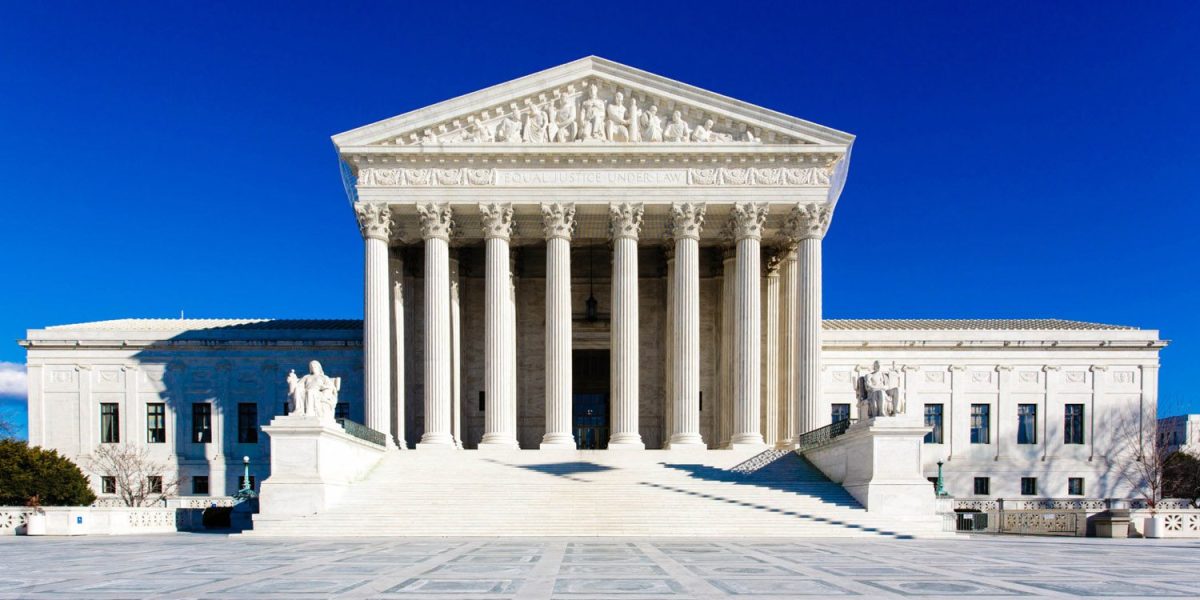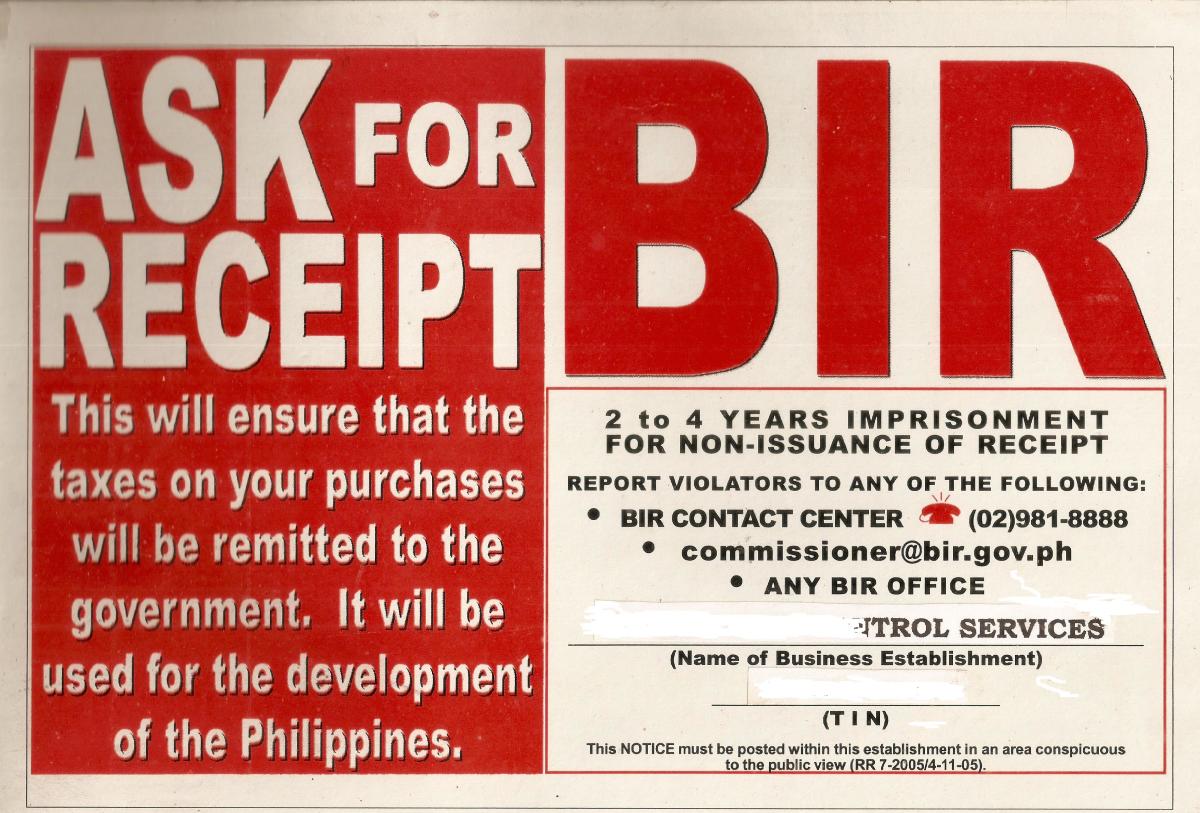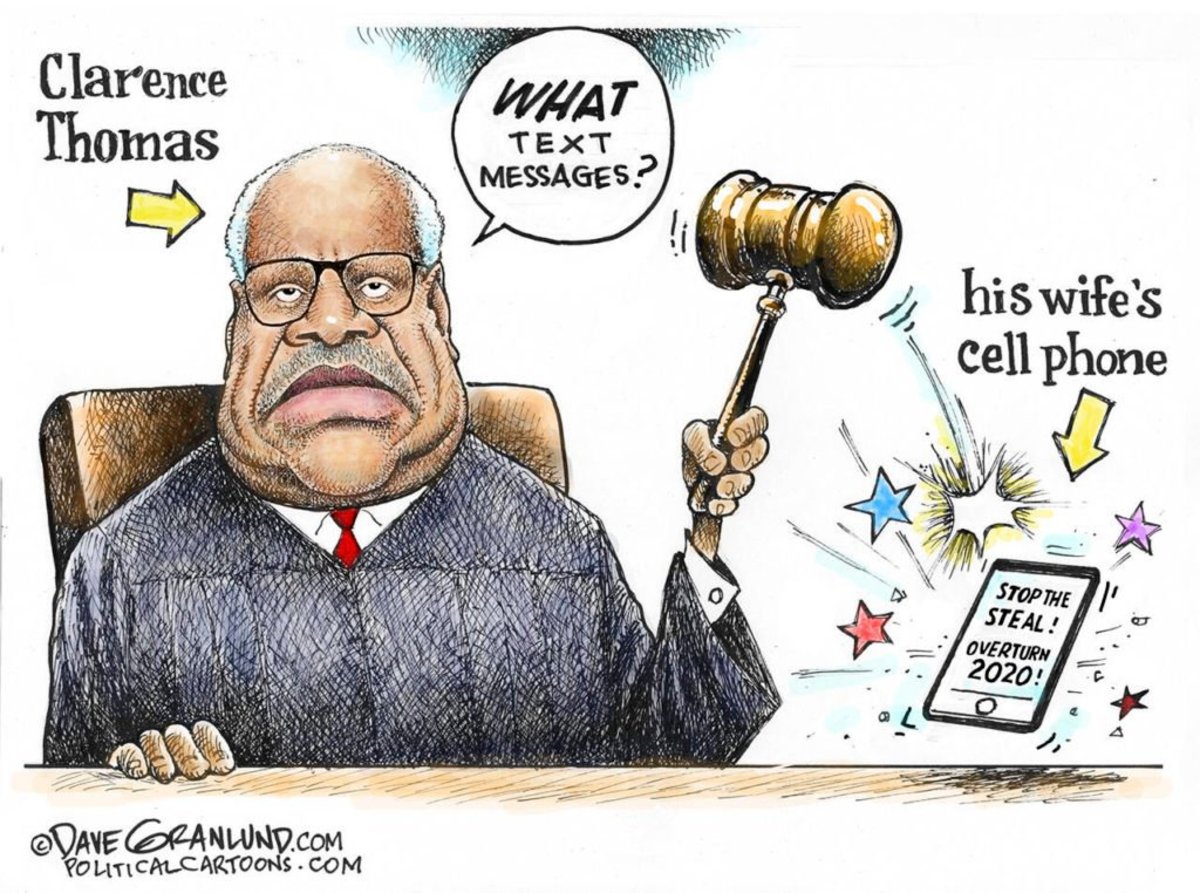U.S. Supreme Court Allows Ban to Remain for Religious Ads

Religious Ads Spark Controversy
The U.S. Supreme Court declined this week to review a lower court ruling that allows the Washington, D.C. transit system to ban religious ads.
As a result, transit agencies now have the discretion to prohibit religious, political and issue-oriented messages that previously were found frequently on buses, trains and station walls.
The Washington Metropolitan Area Transit Authority instituted its ban in response to complaints about an ad that linked Islam to terrorism.
The ban soon was challenged in a lawsuit by the Catholic Archdiocese of Washington. Other groups, such as the American Civil Liberties Union and People for the Ethical Treatment of Animals, joined to support the lawsuit.
They argued that as a publicly-funded organization, the transit agency’s ban violated the First Amendment guarantees of freedom of religion and freedom of speech. They also claimed a violation of a federal law that protects religious rights called the Religious Freedom Restoration Act.
The Archdiocese claimed a right to sue in the case after it tried in 2017 to place Christmas-oriented ads on buses and subway trains.
They showed silhouettes of three shepherds and a shining star with a message "Find the Perfect Gift." The ads encouraged acts of charity and listed a website link to find Mass schedules.
Washington Metropolitan Area Transit Authority officials refused to run the ads, citing their ban after controversy over the anti-Islam posters.
Former U.S. Solicitor General Paul Clement represented the Archdiocese. He accused the transit agency of inconsistencies with its policy that were unfair to the Archdiocese.
Clement wrote in a court filing, "If Amazon or Macy’s had wanted to run an advertisement with the same text and graphics or with reindeer instead of shepherds, there is no question that WMATA would have readily accepted the advertisement."
A U.S. Court of Appeals for the District of Columbia Circuit opinion written by Judge Judith Rogers agreed with the transit agency.
"Were the Archdiocese to prevail, WMATA (and other transit systems) would have to accept all types of advertisements to maintain viewpoint neutrality, including ads criticizing and disparaging religion and religious tenets or practices," the opinion says.
The case is Archdiocese of Wash. v. Wash. Metro. Area Transit Auth., U.S. Sup.Ct., No. 18-1455, review denied April 6, 2020.
For more information, contact The Legal Forum (www.legal-forum.net) at email: tramstack@gmail.com or phone: 202-479-7240.
This content is accurate and true to the best of the author’s knowledge and is not meant to substitute for formal and individualized advice from a qualified professional.
© 2020 Tom Ramstack





![The Fallout From the Conservative Assault on the Right to Privacy and the Supreme Court's Lurch back to 1820 [Updated] The Fallout From the Conservative Assault on the Right to Privacy and the Supreme Court's Lurch back to 1820 [Updated]](https://images.saymedia-content.com/.image/t_share/MTkxMTU1MjUyMDYwMjM1NTM5/the-fallout-from-the-conservative-assault-on-the-right-to-privacy-and-the-supreme-courts-lurch-back-to-1820.jpg)


